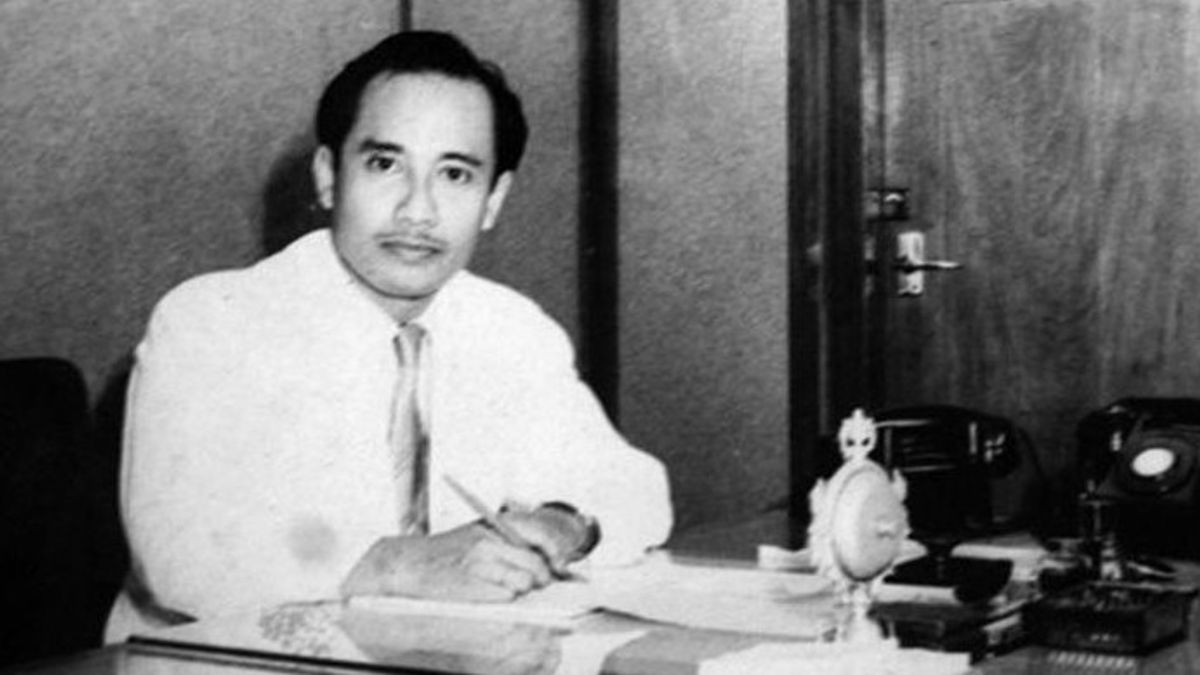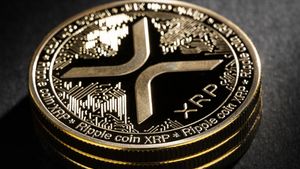JAKARTA History today, 50 years ago, December 4, 1972, a freedom fighter and an Indonesian political figure, Sutomo sent a letter to President Suharto. The man who is familiarly called Bung Tomo intends to convey his criticism to Suharto and the New Order.
Bung Tomo felt that the New Order presence was no better than Bung Karno and the Old Order (Orla), even worse. In fact, Bung Tomo and most of the students had considered Suharto as a savior from the rot of Orla.
The situation in Indonesia in 1965-1966 is not doing well. People's trust in Bung Karno and Orla reached its lowest point. Soekarno is considered to only care about the lighthouse project. Meanwhile, all Indonesian people must defend their own lives in the midst of an economic recession.
Soekarno is not sensitive, as are his officials. In fact, many still perpetuate a luxurious lifestyle in the midst of the suffering of the people. They still live a good life and fun.
The people fought back. The students let alone. The resistance Gelora made students take to the streets. Three demands of the people (Tritura) were inflamed. Students want President Soekarno to immediately dissolve the Indonesian Communist Party (PKI), lower prices, and reshuffle the cabinet.
In fact, the odd-jid action was heavily supported by Indonesian military figures. General Suharto, one of them. He promised to keep the action going. Students also like his leadership style. Moreover, Suharto is considered a person who contributed to crushing the September 30th Movement (G30S).
He also received student sympathy. In fact, Suharto was predicted to be a savior who was able to bring Indonesia forward and replace Bung Karno.
Following the fall of Soekarno, students relatively supported Suharto's government in the 1960s, especially in dealing with corruption. In fact, in 1968, Suharto inaugurated a task force team consisting of lecturers and students from the University of Indonesia to conduct research at a number of state institutions in order to eradicate corruption.
"In fact, some former members of the Indonesian Student Action Unit (WE) entered parliament as appointed members, who played an important role in the People's Consultative Assembly (MPR) by mobilizing votes to ensure that Suharto became full president in 1968," Juwono said in the book Against Corruption (2018).
Instead of just getting sympathy from students, all freedom fighters also supported Suharto's move to become Indonesia's number one person to replace Soekarno. Bung Tomo, for example. The figure of the nation saw that Suharto's capacity was able to bring change to Indonesia.
In fact, what Bung Tomo had hoped for and the reality was contradictory. The Soeharto government and its New Orders were considered more severe than the Orla. Suharto often silences opponents.
After all, during the New Order era, corruption was even more rampant. Bung Tomo could not stay silent. He tried to revive Suharto. A letter dated December 4, 1972, addressed to Suharto, became his test.
I hope Mr. Harto has also been able to feel that it has been a while that among the community there has been a feeling of dissatisfaction, annoyance, anxiety, mixed with deep concern, if followed by all developments in Indonesia during the New Order holding the current government.
"Really, Mr. Harto, when the late President Soekarno fell from his dictatorship six years ago, our hope is that all the rotten things posed by the dictatorship of the late President Soekarno will be eradicated by the New Order government led by General Suharto. But, it turns out that in the end, the rotten things that tarnished the days of the Soekarno dictator's administration, during the New Order era, were still felt in society, even in some ways, they grew even more worrying," wrote Bung Tomo's letter as quoted in the book Paving the Dark Front: Bung Tomo sues (2008).
The English, Chinese, Japanese, Arabic, and French versions are automatically generated by the AI. So there may still be inaccuracies in translating, please always see Indonesian as our main language. (system supported by DigitalSiber.id)













